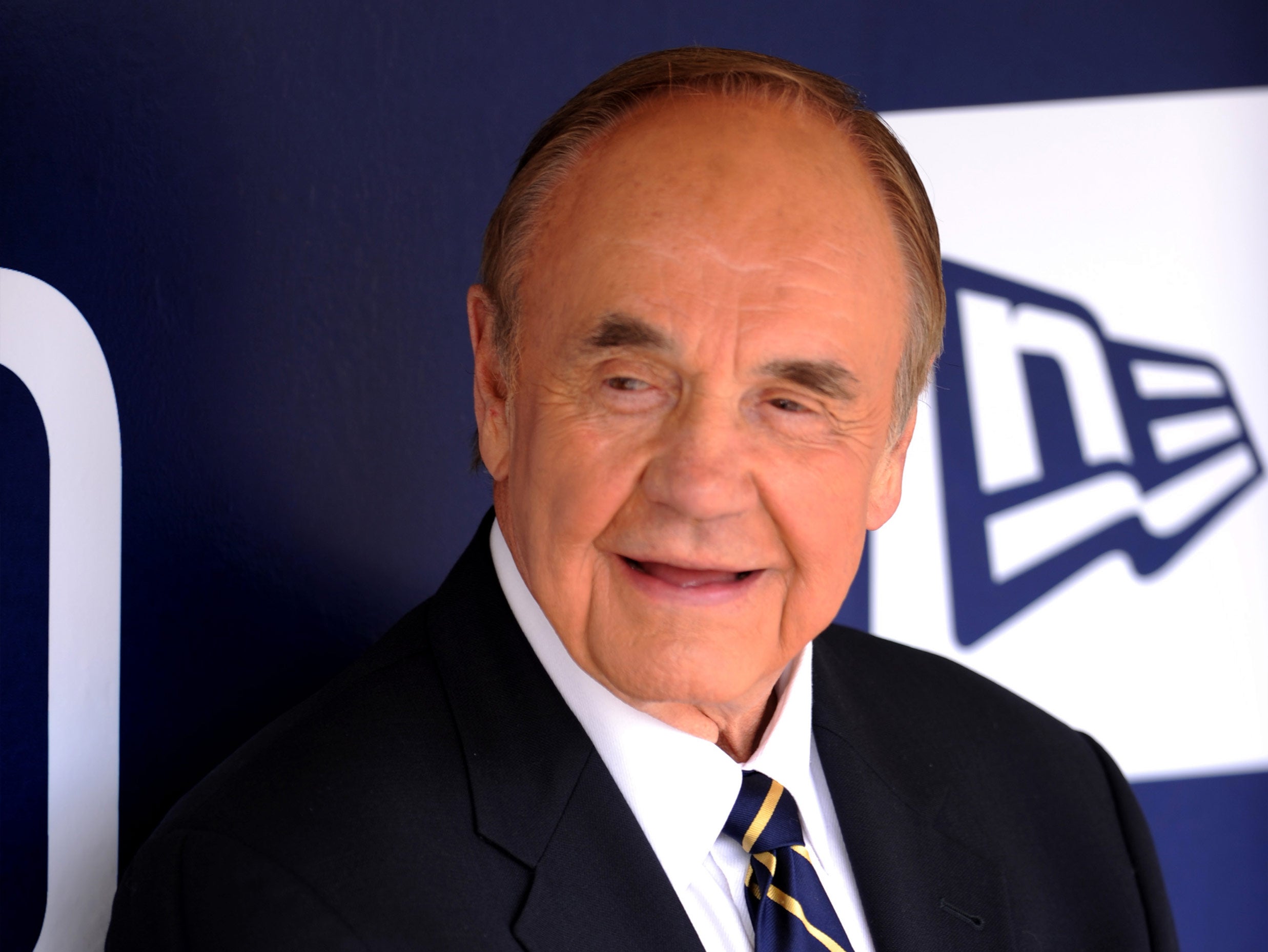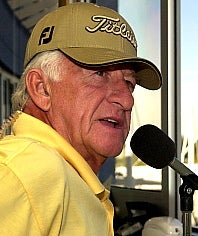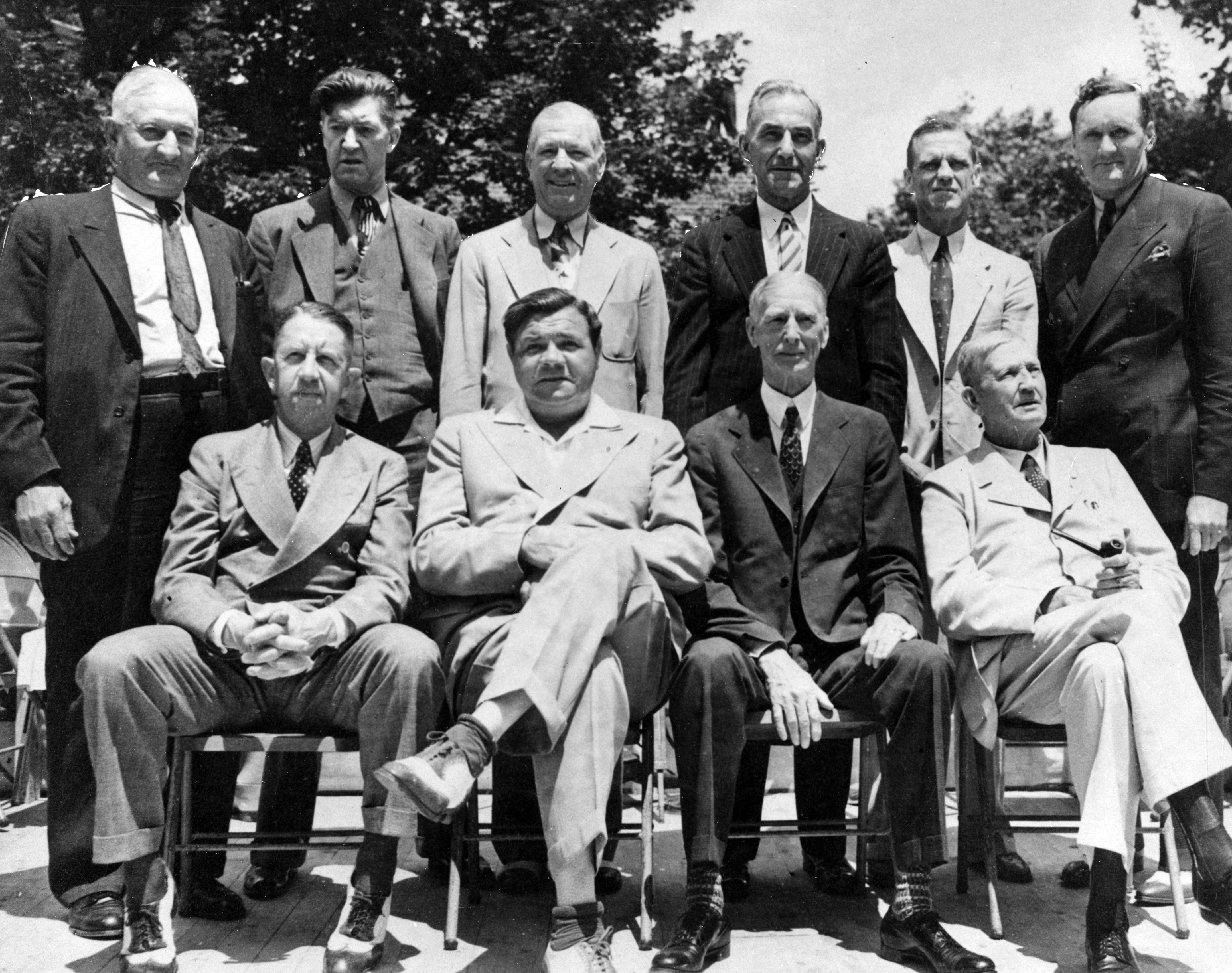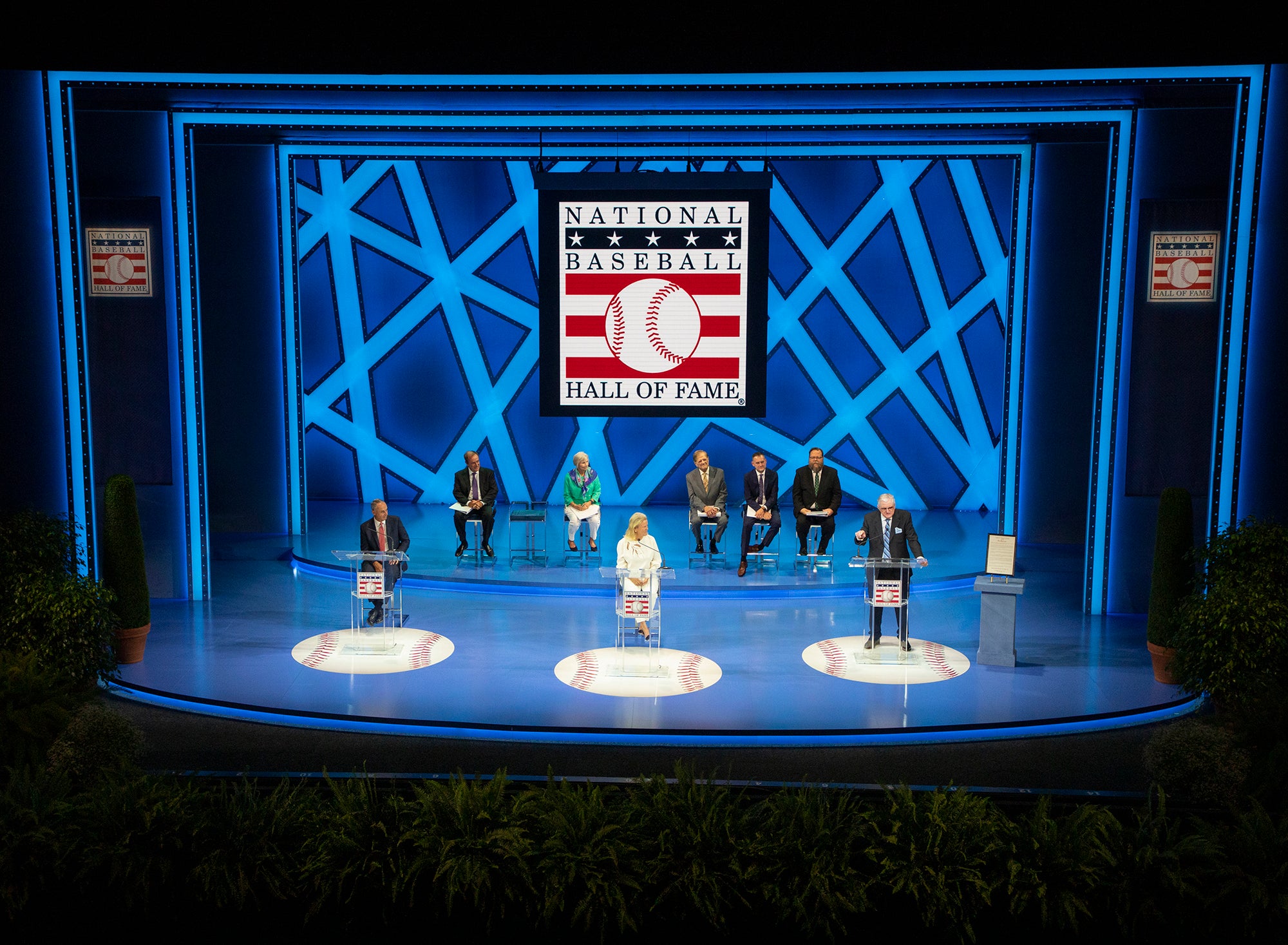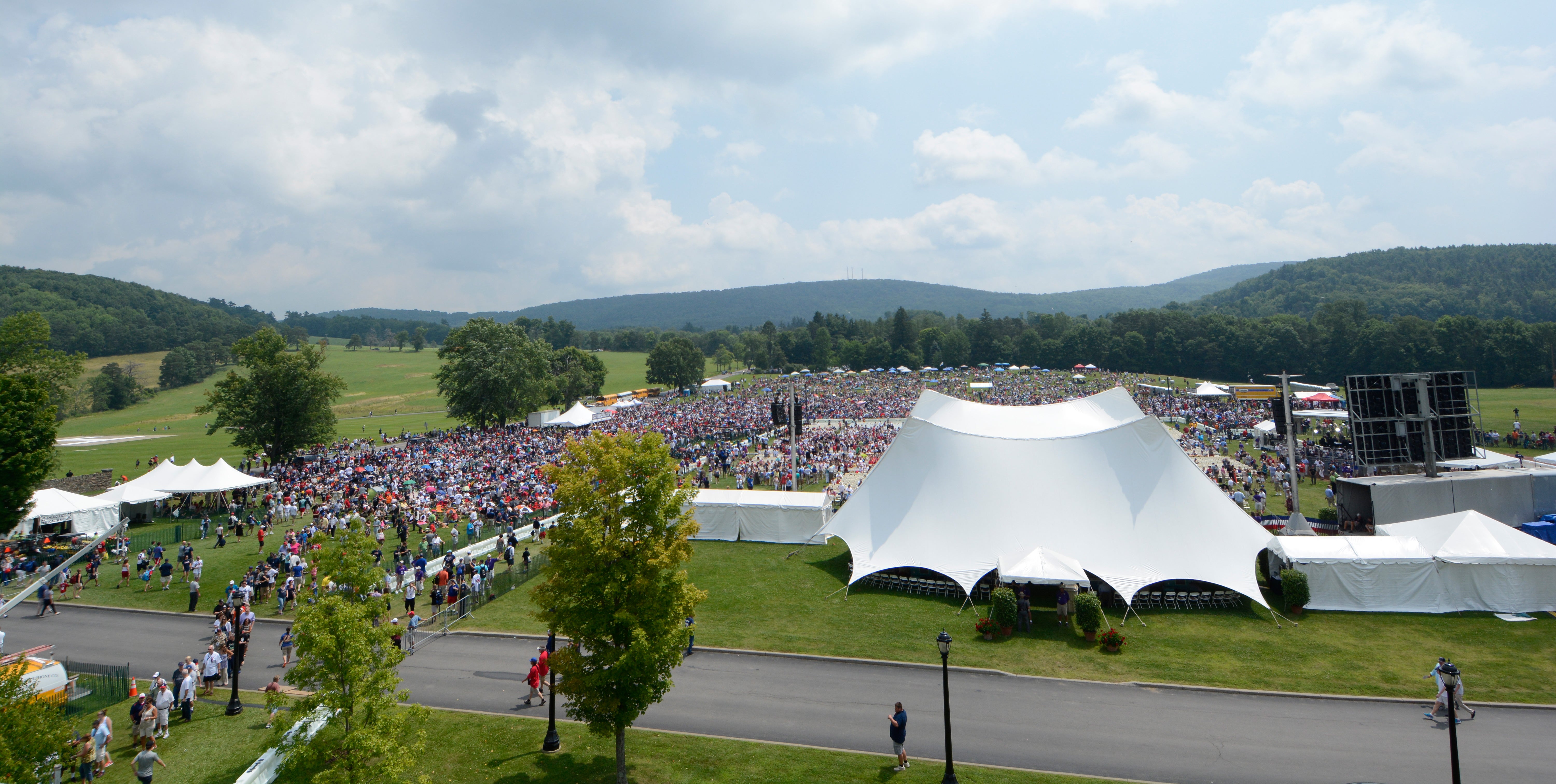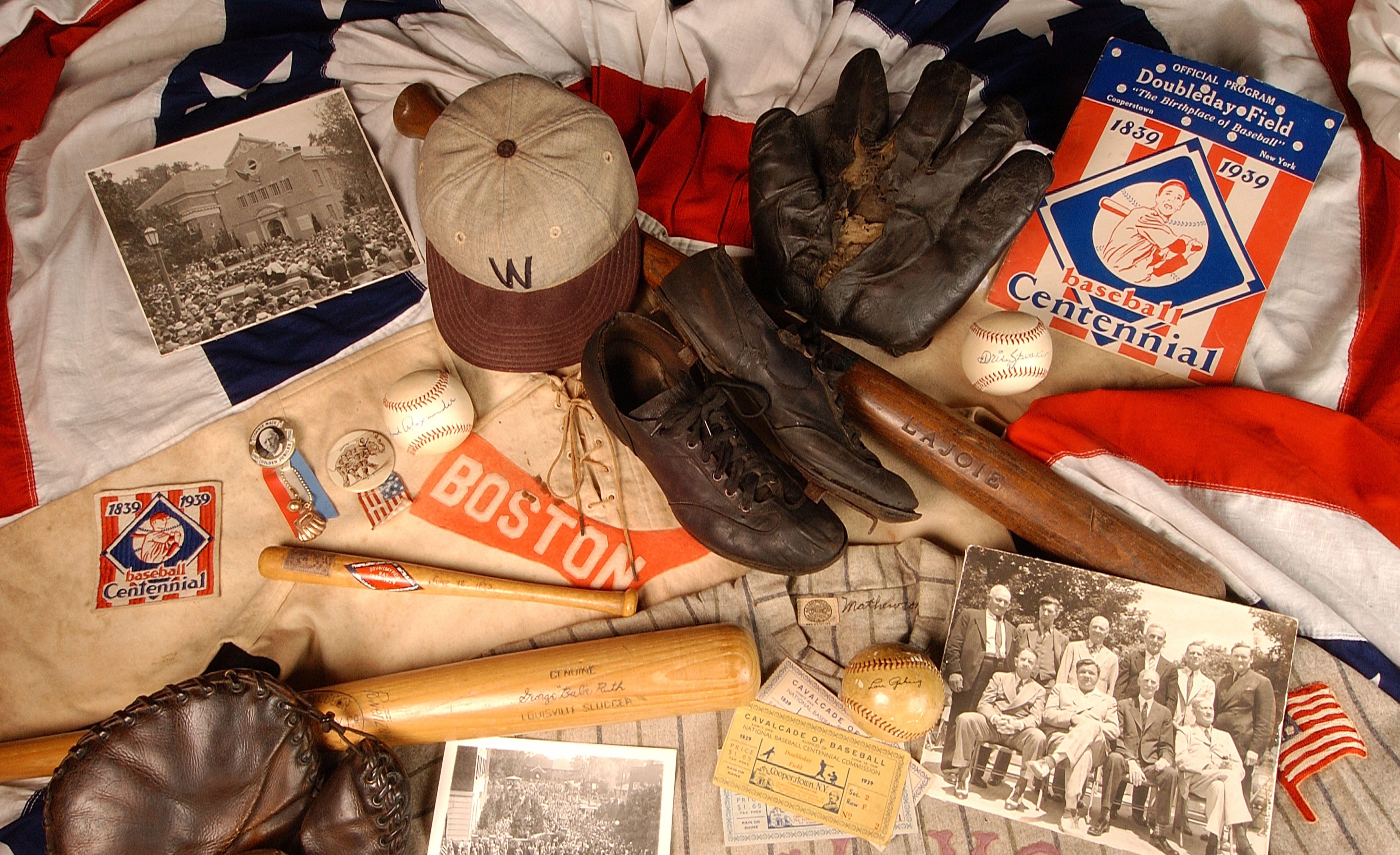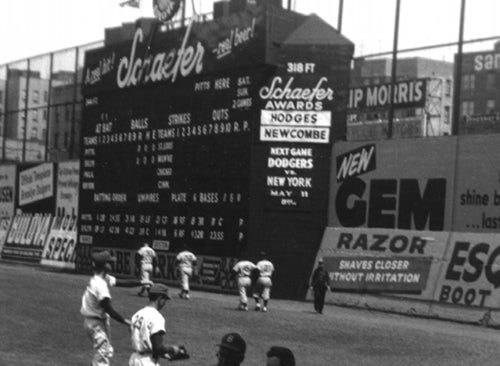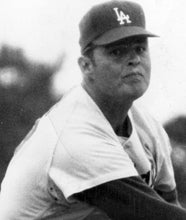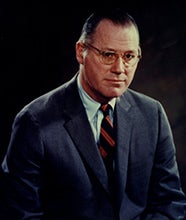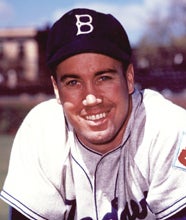- Home
- Our Stories
- Ann Meyers Drysdale remembers her Hall of Fame husband
Ann Meyers Drysdale remembers her Hall of Fame husband
Ann Meyers Drysdale is forever at home in Cooperstown. But the widow of Hall of Famer Don Drysdale is also very familiar to fans of March Madness – as one of the greatest female basketball players in United States history.
The California native, the sixth oldest in a family of 11 children, was the first woman to receive a full athletic scholarship from UCLA, where she was a member of Kodak's All-America team in four straight seasons. Only 5-foot-9, she was a member of the first United States women's Olympic basketball team in 1976, helping the squad capture a Silver Medal, then led the Bruins to a basketball national championship in 1978.
Her fame exploded in 1979 when she became the first women to be signed to a contract by a NBA team. Though ultimately cut by the Indiana Pacers during a preseason tryout camp, she has continued to stay involved with the game as a player, broadcaster and front office executive.
Along the way she met Don Drysdale, the former Brooklyn and Los Angeles Dodgers pitcher who won 209 games during his Hall of Fame career. Married in 1986, the couple had three children before he passed away at the age of 56 in 1993.
During a 2015 telephone interview from her home in Huntington Beach, Calif., Ann Meyers Drysdale, the 1993 Naismith Memorial Basketball Hall of Fame inductee, talked about life both on and off the court.
Basketball Career
Hall of Fame: With March Madness upon us, do you have fond memories from your time at UCLA?
Ann Meyers Drysdale: I was fortunate enough to be there when my brother David was there, and Coach Wooden (UCLA men’s basketball coach John Wooden), who really made an impact on my life. I was a freshman and my brother was a senior during the 1974-75 season. When I was a freshman I was able to play for a guy named Kenny Washington, who was one of Coach Wooden’s players that won a couple of championships. Everything I learned fundamentally was during my freshman year with him. And during this time I could go into the men’s basketball coach’s office and they kind of took me under their wing. I was Dave Meyers’ little sister and they helped me with classes, just getting acclimated to the university and the campus. Just being able to talk to Coach Wooden made it an easy transition for me.
HOF: How did you choose UCLA?
AMD: Kenny Washington was the women’s basketball coach at UCLA, and my brother David and Kenny were roommates, so it all just kind of fell into place. So when David and Kenny came home one weekend, Kenny said, ‘How’d you like to go to UCLA? We’ll give you a scholarship,’ I was gobsmacked really. I had no words for it. To be a senior in high school and have no idea what you’re going to do, then to be able to go to such a university like that where my brother was, it was pretty awe-inspiring.
HOF: I’m guessing with your size you played point guard?
AMD: I played all five positions. I grew up playing against the guys so you had to learn how to post up, you had to learn to shoot outside, and you had to handle the ball. Growing up in pickup games, size never really mattered to me. I kind of knew how to play defense so when I got switched in against somebody that was 6-foot-2 or 6-foot-4, most of the women weren’t quite as athletic as I was so I could read their moves. They were a little bit more deliberate on their moves so I could read which way they were going if I played behind and then if I played in front of them I could jump up and usually get the lob pass. I was just fortunate enough that coaches believed in my ability and they could move me around to different positions.
HOF: And you and your brother David were All-Americans in the same year, right?
AMD: Right, David was a senior and most deservedly so. We thought he was Player of the Year but they gave it to David Thompson. (Dave Meyers would be the second overall selection in the 1975 NBA draft, behind Thompson, spending four seasons with the Milwaukee Bucks)
HOF: More than four decades later, how do you look at your 1979 tryout with the Pacers?
AMD: It was the best decision I ever made in my life. When I was in high school I had played on the boys’ summer league team between my junior and senior year in high school. I had planned on playing on the boys’ varsity team during the regular school season but a lot of things were said. When you’re in high school emotions are changing and you’re physically changing so you care about what people say. So even though I had played on the summer league team, as much as I wanted to play on the boys’ varsity team I let people talk me out of it. After UCLA, all of a sudden I get a call from the Indiana Pacers’ Sam Nassi, who’s the new owner and lives in California. He said, ‘How would you like a tryout?’ My brother David was already playing for the Bucks. And I looked back five years before that and said, ‘Well, people talked me out of it one time. I’m not going to let them talk me out of it a second time.’ I thought it was an opportunity of a lifetime. It was not an easy decision for me but once I made the decision I thought, ‘I’m just going to put everything into it.’ I know physically, mentally and emotionally, it was the best I was ever prepared to play the game of basketball. I probably worked out six to eight hours a day, just trying to train for this one opportunity. Certainly publicity was involved, and I don’t deny that, but I was never one that went out and sought it.
HOF: Do you feel like you got a fair shot with the Pacers?
AMD: It was very difficult for Slick Leonard, who was the coach, because he came from a generation where women were in the home raising a family and not out on the basketball court with a bunch of guys. I’m sure he was put in a very difficult position. But I was 24 years old and focused on me and nothing else and trying to do the best that I could. Did I get a fair shake? I would have liked to have gone on to the next round of the free agent rookie camp. I went through the three-day process with two practices a day. So we had six practices and then I was basically let go even though it was a personal service contract where I was working for the organization. When Slick told me, ‘Hey, you did great. We loved that you came out here but we’re going to move on,’ I was not happy. I was hurt, I was broken. I thought I had played well enough to go on to the next level. But it opened up so many doors and it gave me the opportunity to meet Don (Drysdale) and my life changed.
Superstar Meeting
HOF: You mentioned Don Drysdale. Is it true you two met at Superstars (a made-for-TV sports competition that had athletes from different sports competing in a number of events) in 1980?
AMD: Yes. He and Bob Uecker were the broadcasters for ABC.
HOF: But I read you didn’t know much about baseball at the time.
AMD: Baseball was too boring for me. (Laughs) I didn’t really follow baseball. But now, obviously, after meeting Donnie, I was just totally involved in it.
HOF: Can you talk about your relationship with Don Drysdale?
AMD: Maybe because I really didn’t know who Donnie was, and certainly there was a huge age difference, maybe that was appealing to him. I don’t know. He knew who I was because I was just coming off my tryout with the Pacers. We obviously interacted with the Superstars broadcasters, all the athletes did, and I had my mom down there in the Bahamas. It started out as a friendship kind of thing. He was a great looking guy. I certainly didn’t go down there to start a relationship with anybody, but it happened. He was the one who kind of initiated it. I was still very much about playing basketball. But it was great to have somebody to have a conversation with and talk about things. And that’s kind of how it developed. I’m blessed in so many ways that it became more.
HOF: Did you ever develop an appreciation for baseball?
AMD: It was so funny because I would go to games with him, and I’d sit behind him in the booth when he was broadcasting a baseball game, and I’d be reading a book. He’d get so mad at me. (Laughs) I absolutely have learned to appreciate the game a lot more. Certainly when we’d be at home he’d have a game on TV and we’d sit and watch it. What fascinated me as an athlete was just how well he understood the game. It was never about him, either, when he was announcing. He could tell a story about what happened when he played, but the story was never really about him. It was about the game. Being a broadcaster myself, that’s the one thing I really appreciated about how he broadcast a game.
HOF: You must have heard about Don’s reputation as a pitcher who would pitch inside, right?
AMD: The one thing I always remember when I first met Don is that he was such a gentleman. And then obviously being together when we were, the one thing that I always loved, because I was from a big family, was just how these other guys responded to Donnie. You can go down the list with Duke Snider and Sandy Koufax and Bob Uecker and Pee Wee Reese and Ted Williams and Mickey Mantle, they were his brothers. But there was something that set Donnie apart. He was like this beacon. They were just all attracted to him. And believe me, all of those men were great in their own right. But there was something special about Donnie. After he passed away, guys would tell me stories about things that Donnie would do without letting people know. The accolades, Donnie was never about that. You just do what’s right and help guys when they’re down and out. He wouldn’t tell anybody about it – he’d just do it.
Family and Friends
HOF: You and Don would eventually have three children together.
AMD: Don Jr. was born in 1987 on Don’s birthday – we did not plan that – in Chicago when Don was broadcasting with the White Sox. Darren was born in 1989 in Pasadena when he was with the Dodgers. And our daughter Drew was born in Palm Springs when it was the offseason. Our daughter had just been born in March 1993 and Donny passed away in July 1993. Eventually I moved closer to my family, to be up in Orange County, and also to be able to go to Dodger Stadium. That was a huge healing process for me to be around the Dodgers. And Tommy Lasorda, he just basically took the kids in, and Peter O’Malley (Dodgers owner at the time), I just can’t say enough about the Dodger organization.
HOF: So the baseball family embraced you after Don’s death?
AMD: Absolutely, absolutely, without question.
Ann Meyers Drysdale attended Hall of Fame Weekend 1993 in Cooperstown to share memories following the passing of her husband, Don Drysdale, on July 3 of that year. In this photo dated Aug. 2, 1993, Meyers Drysdale talks with Dodgers manager Tommy Lasorda, who was in town for the annual Hall of Fame Game. - BL-9879-93 (Milo Stewart, Jr. / National Baseball Hall of Fame)
HOF: Can you talk about your path that currently finds you working for both WNBA’s Phoenix Mercury and the NBA’s Phoenix Suns?
AMD: Gosh, I’ve just been in the right place at the right time. Somebody’s watching over me, no question. I think the one dream I’ve always had was to be an Olympian and that started in fourth grade. I thought I’d be in the Olympics as a track athlete but it happened to be in basketball. I’ve been fortunate to be in broadcasting over 35 years, a career that I never thought I would embark on. I had no idea what I would do after graduating from UCLA. But then to work for the Phoenix Mercury and the Suns and win a couple of WNBA championships and be a part of three. People have been very good to me. I hope that I can give back. I do the best I can.
HOF: Can you talk about your roles with the two Phoenix basketball teams?
AMD: I’m a vice president with both the Suns and the Mercury, but basically broadcasting for them. They had asked me to move over after we had won a couple of WNBA championships, from GM, to kind of focus a little bit more on broadcasting and be out in the community a little bit more and speaking to season ticketholders and schools and so forth. So it’s worked out great.
HOF: How did you like being the general manager of the Mercury and having your team win a couple of titles?
AMD: It was rewarding. I enjoyed the competition and having a small group of people who work together trying to accomplish something. The first decision I had when I was the GM beginning in 2007 was that we won the draft lottery and had the number one pick and I traded that away. The fans were not happy with me at all. Fortunately, it was the right decision and the player that we traded for helped us win two WNBA championships.
HOF: Have you been to Cooperstown before?
AMD: The first time I went was in 1984 when Donnie was inducted, then I came again in 1993 after he had passed, and then came again in 1997 when Tommy (Lasorda) went in. The first time with the kids as young adults was this past year because we know Joe Torre, we know Tony La Russa, we know a lot of those guys because they were good friends of Donnie’s. I took the kids when Tommy Lasorda had gone in but they were way too young, so for them to back this past year they were all overwhelmed because now they could appreciate it and understood it a lot more. It’s an important piece of their life with their father there.
Minutes after the conversation with Ann Meyers Drysdale ended, she sent the following email:
AMD: Wanted to mention that Dick Enberg received the Frick Award this year and he and Donnie worked Angel games together and were a pretty special team too. And very, very close. We're just so proud for Dick getting the award, as Uecky (Bob Uecker) got it a few years ago.
Bill Francis is a library associate at the National Baseball Hall of Fame
Hall of Fame Award Winners
Hall of Fame Weekend
Support the Hall of Fame
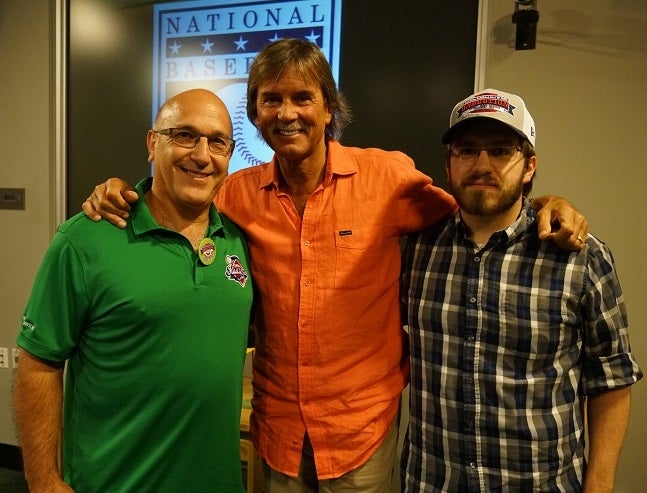
Hall of Fame Champions
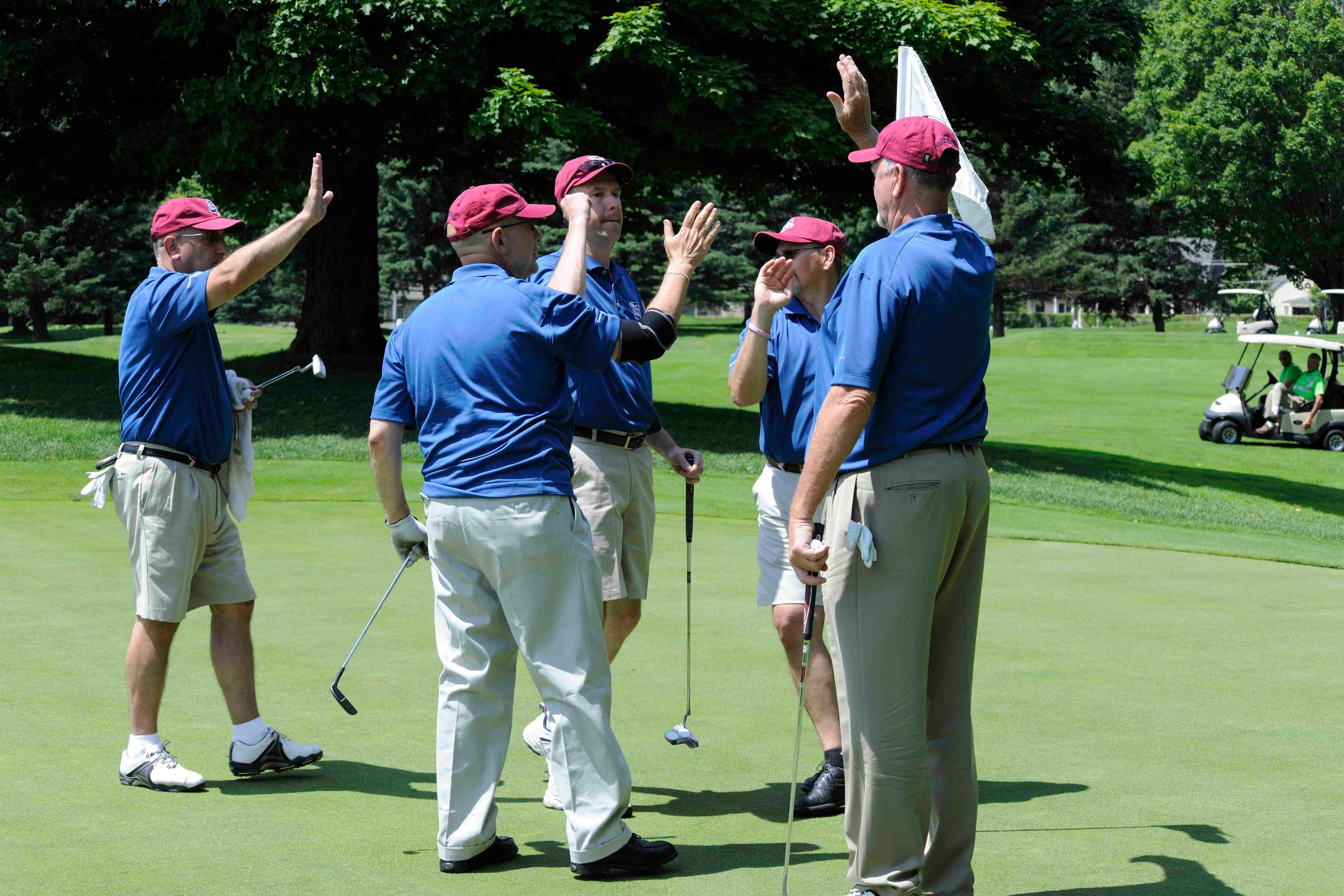
Cooperstown Golf Classic

Hall of Fame Champions







